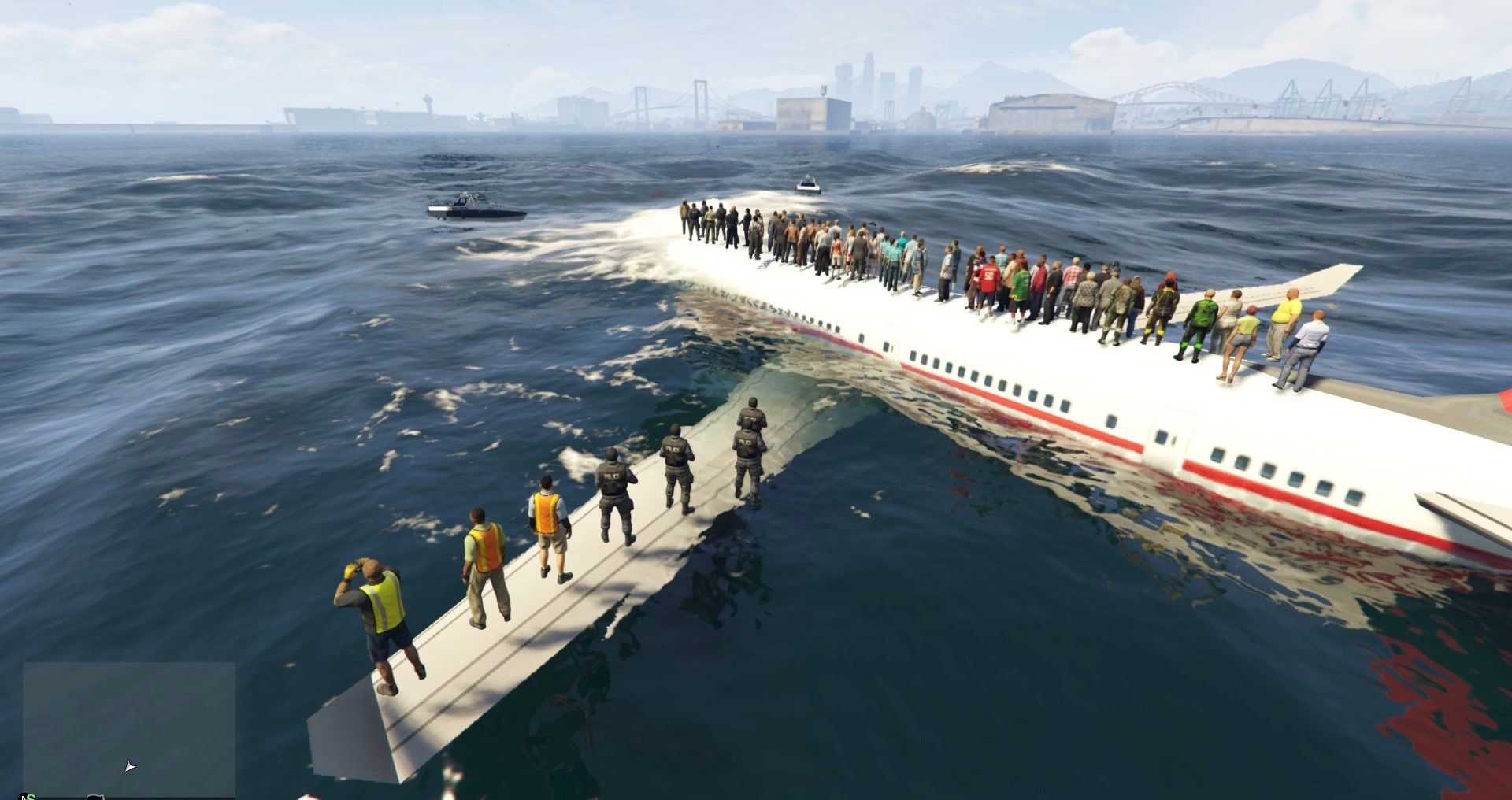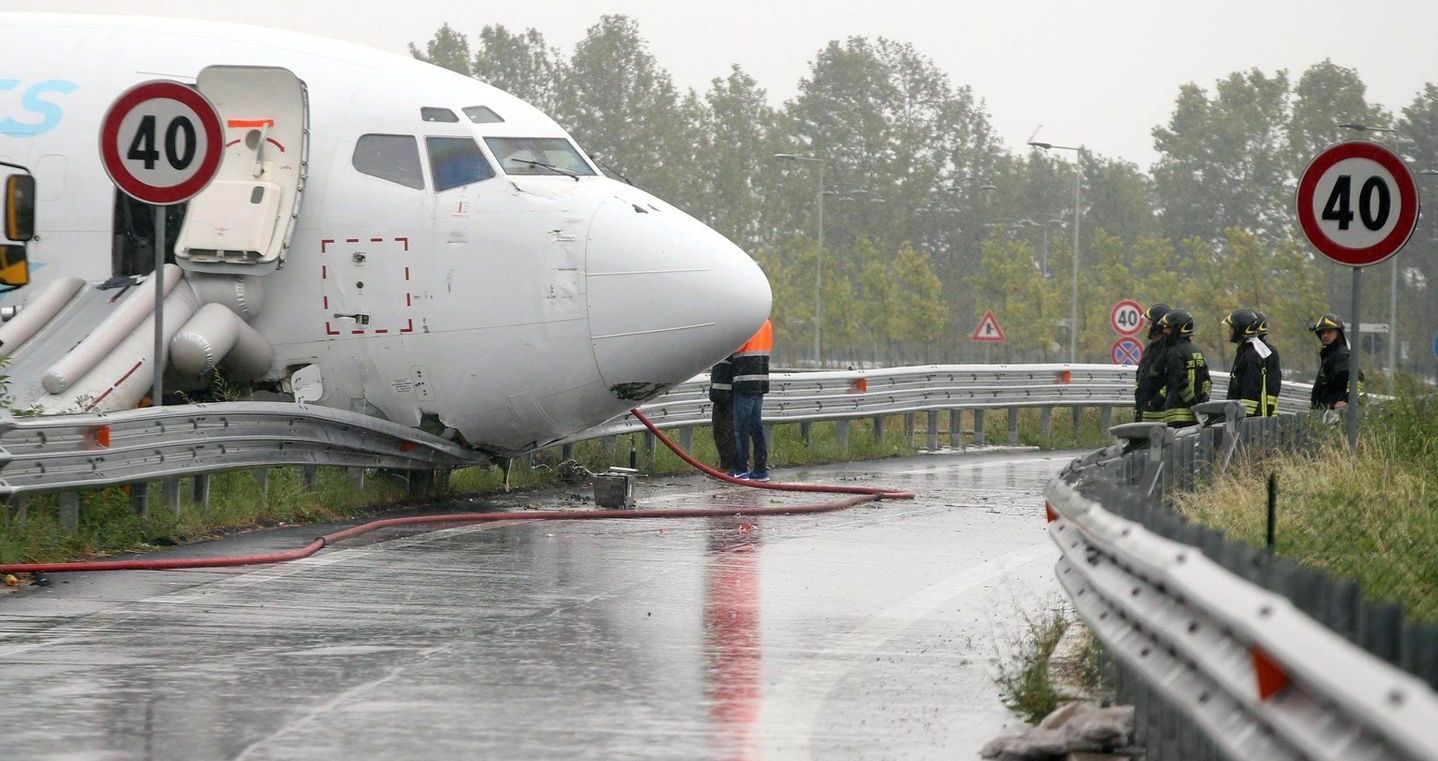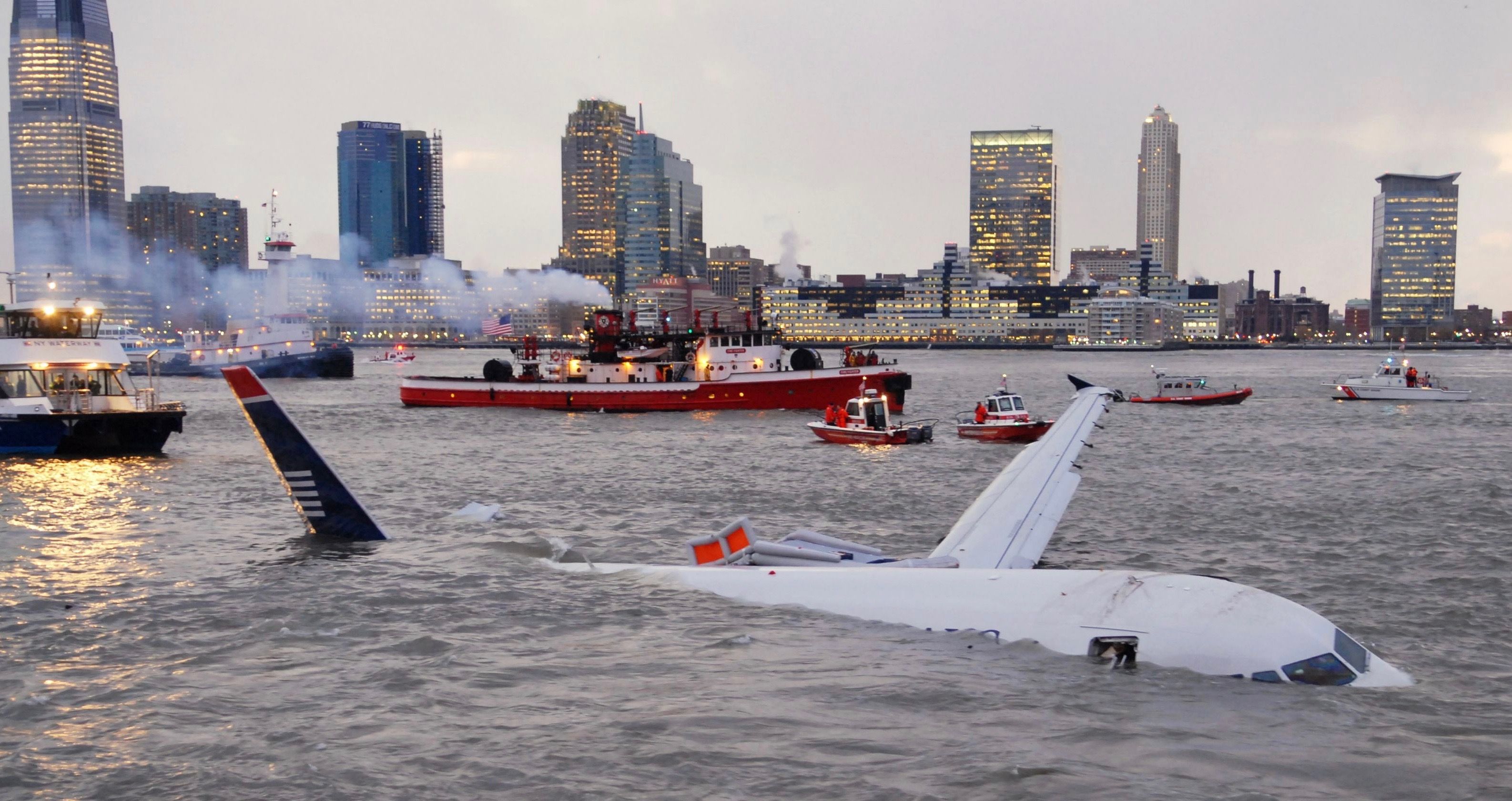Most of us have become so accustomed to air travel that the air safety instructions given before takeoff strike us as useless. Yet in the event of a crisis, most of us may not have any idea how to react. And yes, one’s choice of seat is insignificant.
According to Cynthia Corbett, an FAA researcher specialized in airplane safety. "There really isn't a 'safest seat' on the plane. It really kind of depends on the emergency you're going to have. Different parts of the plane can be effected in different ways, depending on what the event is. Just reinforce your own propensity for survival, by knowing how to get where you need to go. If your first choice in exits is blocked, then you should have a second choice.”
Dave Inch, a captain of a Boeing 787, spoke in a post on Quora about how to improve your odds of survival if the plane should go down. According to a Inch, passengers should first remove scarves, ties, glasses, heels, and sharp objects to avoid injury. Also, the life vest should not be inflated until you leave the plane because it could obstruct your exit.
Though the odds of being killed in a plane crash are 1 in 11 million, it always pays to be prepared. Firstly, travelers should know where the closest and next closest exit is. They should memorize the exit path in case there is smoke that interferes with vision. A damp cloth can also aid vision, and staying close to the ground can help passengers breathe..
"Follow the instructions of the flight attendants in their pre-landing briefing," said Inch. "If everyone is on the same page and understands what is expected of them, people will be working together to get everyone out. Don't waste your time taking video with your camera.... Listen and pay attention. If you survive with a video, it's cool. If you die because you were more interested in taking a video than paying attention, it's not so cool."
After exiting the airplane, it is important to keep one’s distance from smoke and fire. Passengers should not simply make a run for it on the ground since it’s important that everyone be accounted for.
"All that being said, most catastrophic crashes are not anticipated so it is rare to get much advance notice," Inch said. "In those cases, if you survive, follow the flight attendants' directions and don't take anything with you."
Certain airlines have better safety records. For example, Qantas leads the industry with safety innovations and it also has the youngest fleet with an average age of 7.9 years. The top 10 safest airlines are Air New Zealand, British Airways, Cathay Pacific Airways, Emirates, Etihad Airways, EVA Air, Finnair, Lufthansa and Singapore Airlines.



